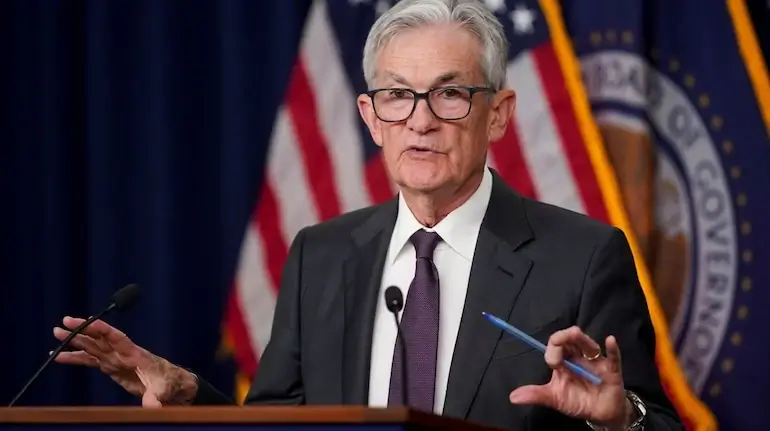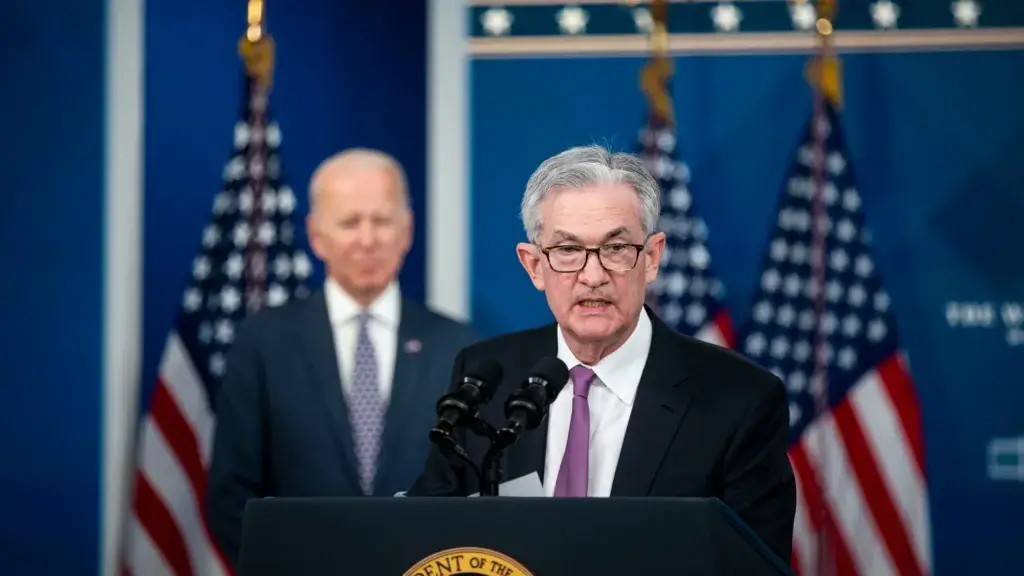Federal Reserve Chairman Jerome Powell Leadership has faced intense scrutiny in recent years — and with good reason. Under his leadership, inflation in the U.S. economy rose to 9% in 2022, the highest in four decades.
For millions of Americans, the result was skyrocketing grocery bills, soaring gasoline prices, and steep mortgage rates. Powell’s supporters argue that pandemic-related disruptions and global supply chain problems are largely to blame. But leadership means results, not excuses.

The Federal Reserve’s core mandate is price stability and maximum employment. Though Powell helped steer the economy through the COVID-19 crisis, critics argue he was slow to act on inflation. The Fed continued aggressive bond purchases and kept interest rates near zero even as prices began to rise in late 2021. By the time the Fed started raising rates in 2022, inflation had already risen, forcing more painful reforms.
Supporters credit Jerome Powell Leadership with finally bringing inflation down. But the economic damage has been enormous — higher interest rates have hurt homebuyers, small businesses and the stock market. Meanwhile, public confidence in the Fed’s ability to manage inflation has eroded.
If results matter — and they certainly should matter — then Powell’s record must be critically evaluated. Leadership at the Federal Reserve has long-term consequences, and Americans need someone who can anticipate crises, not just react to them late.
As the United State approaches another election year, questions about economic stability and the Fed’s direction are more important than ever. JJerome Powell Leadership term doesn’t end until 2026, but political and economic pressure for change is mounting. Perhaps it’s time for new leadership — one that can restore public trust and steer the economy more firmly.



